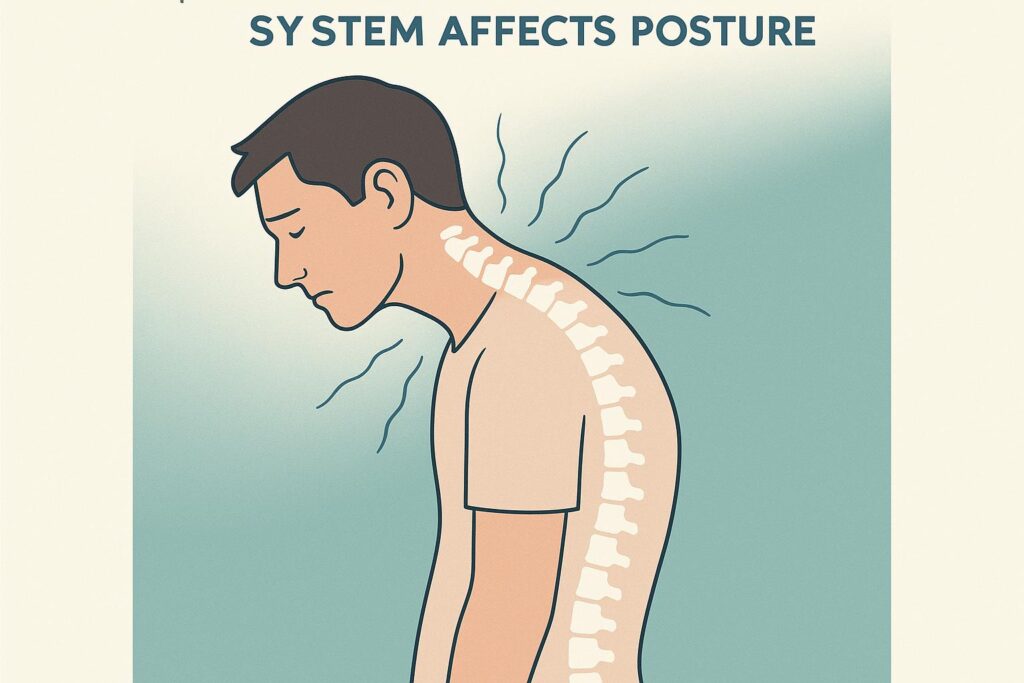Emotional health is just as important as physical health. It affects how we think, feel, and behave daily. Strong emotional health allows us to manage stress, build positive relationships, and enjoy life fully. On the other hand, poor emotional health can lead to stress, anxiety, and even physical illnesses. Fortunately, there are practical steps you can take to strengthen your emotional well-being. In this article, we’ll explore some of the best tips for improving emotional health in a natural and sustainable way.
Understanding Emotional Health
Before diving into tips, it’s essential to understand what emotional health really means. Emotional health refers to the ability to cope with life’s challenges, maintain a positive self-image, and manage emotions effectively. People with good emotional health can handle stress, maintain healthy relationships, and bounce back from setbacks.
Factors that affect emotional health include:
- Stress levels – Excessive stress can weaken emotional resilience.
- Relationships – Supportive relationships boost emotional well-being.
- Self-perception – How we view ourselves influences mood and confidence.
- Lifestyle habits – Sleep, nutrition, and exercise directly impact emotional health.
1. Practice Mindfulness and Meditation
Mindfulness is the practice of being fully present in the moment without judgment. Meditation, a popular form of mindfulness, helps calm the mind, reduce anxiety, and increase self-awareness. Studies show that regular mindfulness practices can lower stress hormones and improve overall emotional well-being.
How to start:
- Begin with 5–10 minutes of deep breathing exercises each morning.
- Focus on sensations, thoughts, or feelings without trying to change them.
- Use guided meditation apps if needed to stay consistent.
Mindfulness helps you recognize emotional triggers, manage reactions, and maintain inner calm, even in challenging situations.
2. Build Strong Social Connections
Humans are social beings, and our relationships play a critical role in emotional health. Positive interactions with family, friends, or colleagues create a sense of belonging and support. Conversely, isolation can lead to loneliness, stress, and depression.
Tips to strengthen connections:
- Schedule regular catch-ups with friends or family.
- Join clubs, hobby groups, or community activities.
- Practice active listening and empathy when communicating.
Investing in relationships provides emotional safety nets that help navigate life’s ups and downs.
3. Prioritize Self-Care
Self-care is more than occasional indulgence; it’s a vital practice for emotional well-being. Taking time to care for your mind, body, and soul helps reduce stress, prevent burnout, and maintain positivity.
Self-care ideas include:
- Physical care: Adequate sleep, regular exercise, and a balanced diet.
- Mental care: Journaling, reading, or engaging in hobbies.
- Emotional care: Setting boundaries and saying no when needed.
Even small daily self-care practices can significantly improve mood and resilience.
4. Manage Stress Effectively
Stress is inevitable, but how you respond to it affects emotional health. Chronic stress can lead to anxiety, irritability, and even physical health problems. Learning stress management techniques is essential.
Effective strategies:
- Deep breathing or progressive muscle relaxation.
- Time management and prioritizing important tasks.
- Seeking professional support when stress feels overwhelming.
By managing stress proactively, you can prevent negative emotions from taking over your life.
5. Cultivate Positive Thinking
Your thoughts shape your emotions. Negative thinking patterns, like self-criticism or worrying, can harm emotional health. Cultivating positive thinking helps build resilience and increases life satisfaction.
Ways to foster positivity:
- Practice gratitude by noting three things you are thankful for each day.
- Replace negative self-talk with encouraging affirmations.
- Surround yourself with uplifting people and content.
Positive thinking doesn’t mean ignoring challenges; it’s about approaching difficulties with a constructive mindset.
6. Engage in Physical Activity
Exercise is not just for physical fitness; it profoundly impacts emotional health. Physical activity releases endorphins, which are natural mood boosters. Regular exercise can reduce symptoms of anxiety and depression while improving self-esteem.
Tips for incorporating movement:
- Choose activities you enjoy, such as walking, dancing, or swimming.
- Aim for at least 30 minutes of moderate exercise most days.
- Mix cardio, strength training, and flexibility exercises for balanced benefits.
Even light movement, like a short walk in nature, can lift your mood instantly.
7. Learn to Accept Emotions
Suppressing emotions or pretending they don’t exist can be harmful. Accepting emotions—both positive and negative—is essential for emotional health. By acknowledging your feelings without judgment, you gain control and prevent emotional overload.
How to practice emotional acceptance:
- Identify and name your emotions.
- Reflect on the reasons behind your feelings.
- Allow yourself to feel without immediately reacting or overthinking.
This approach increases emotional intelligence and strengthens coping mechanisms.
8. Seek Professional Support When Needed
Sometimes, emotional struggles are too complex to handle alone. Seeking support from a counselor, therapist, or psychologist is a sign of strength, not weakness. Professional guidance can provide tools to manage emotions, overcome trauma, and improve mental well-being.
Types of professional support:
- Individual therapy for personal growth and stress management.
- Group therapy for shared experiences and social support.
- Online therapy options for convenience and accessibility.
Professional help can accelerate emotional healing and improve overall life satisfaction.
9. Limit Negative Influences
Your environment affects emotional health. Constant exposure to negativity—whether through people, social media, or news—can drain energy and increase anxiety. Limiting these influences helps maintain emotional balance.
Practical steps:
- Unfollow negative accounts or limit social media time.
- Surround yourself with supportive and uplifting individuals.
- Create a peaceful home environment that promotes relaxation.
By consciously choosing positive influences, you cultivate a healthier mental space.
10. Practice Gratitude and Reflection
Gratitude shifts focus from what’s lacking to what’s abundant. Regular reflection helps you appreciate achievements, learn from experiences, and maintain perspective. Both practices strengthen emotional resilience.
Ways to incorporate gratitude and reflection:
- Maintain a gratitude journal.
- Reflect on daily successes, big or small.
- Express appreciation to others regularly.
Gratitude and reflection reinforce a positive outlook and emotional stability.
Conclusion
Improving emotional health is a continuous journey, not a one-time effort. By practicing mindfulness, building relationships, prioritizing self-care, managing stress, and cultivating positivity, you can strengthen your emotional resilience. Small daily habits, when done consistently, have a profound impact on your overall well-being. Remember, emotional health affects every aspect of life—from relationships and work to physical health—so investing in it is investing in your future happiness.
5 FAQs About Improving Emotional Health
1. Can emotional health affect physical health?
Yes, poor emotional health can lead to stress-related conditions, weakened immunity, and chronic illnesses. Strong emotional health supports overall well-being.
2. How long does it take to see improvements in emotional health?
Results vary depending on habits and consistency, but noticeable improvements can appear within a few weeks with regular practice of mindfulness, exercise, and positive thinking.
3. Is therapy necessary for emotional health improvement?
Not always, but therapy is highly beneficial for deeper issues or when self-help strategies are not enough. It provides guidance, coping strategies, and emotional support.
4. Can diet influence emotional health?
Yes, a balanced diet rich in vitamins, minerals, and omega-3 fatty acids supports brain function and mood regulation. Avoiding excessive sugar and processed foods also helps.
5. Are there apps to improve emotional health?
Yes, many apps offer guided meditation, mood tracking, journaling, and cognitive behavioral therapy exercises that support emotional well-being.
Social Sharing
Your Content Goes Here
Latest Posts





